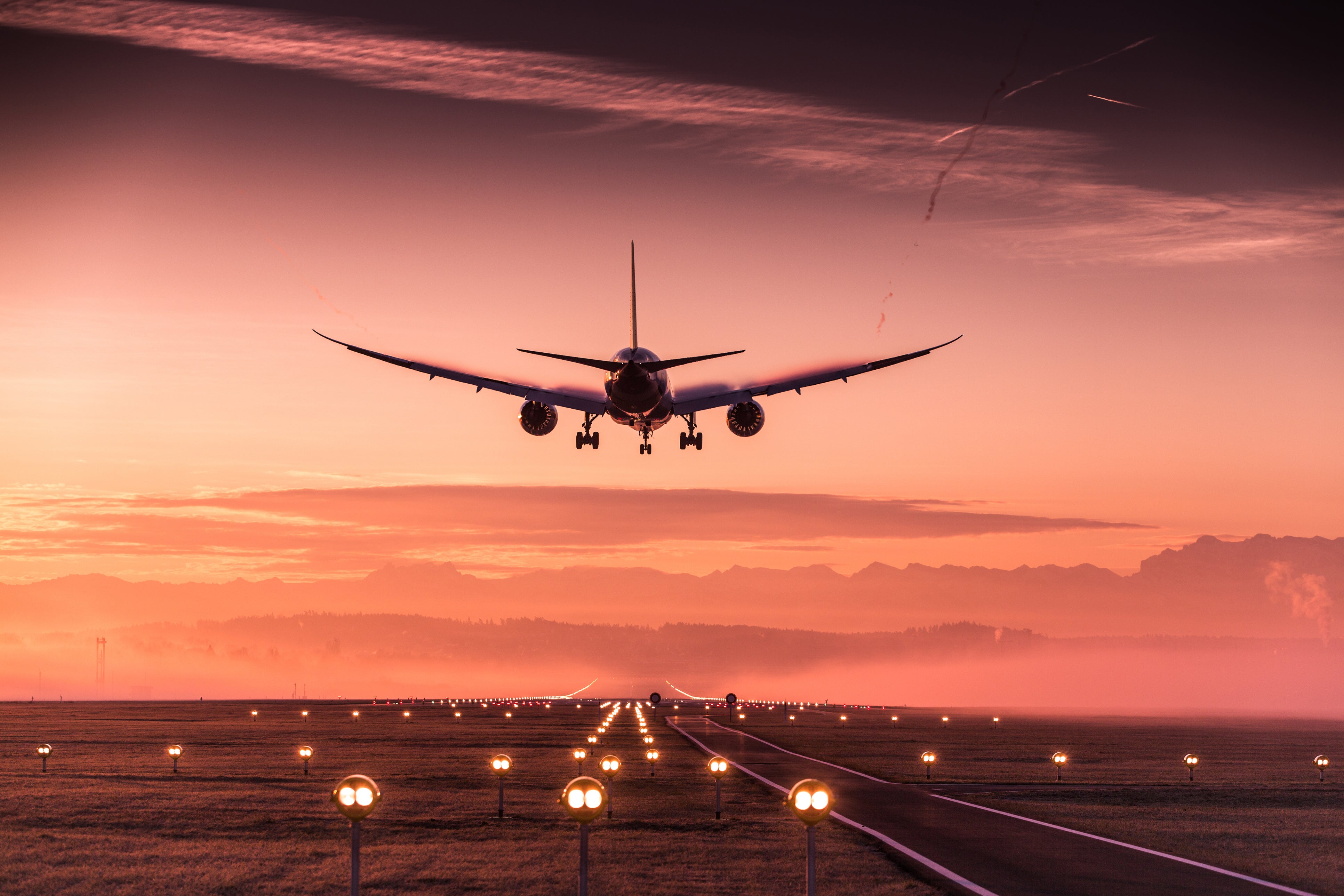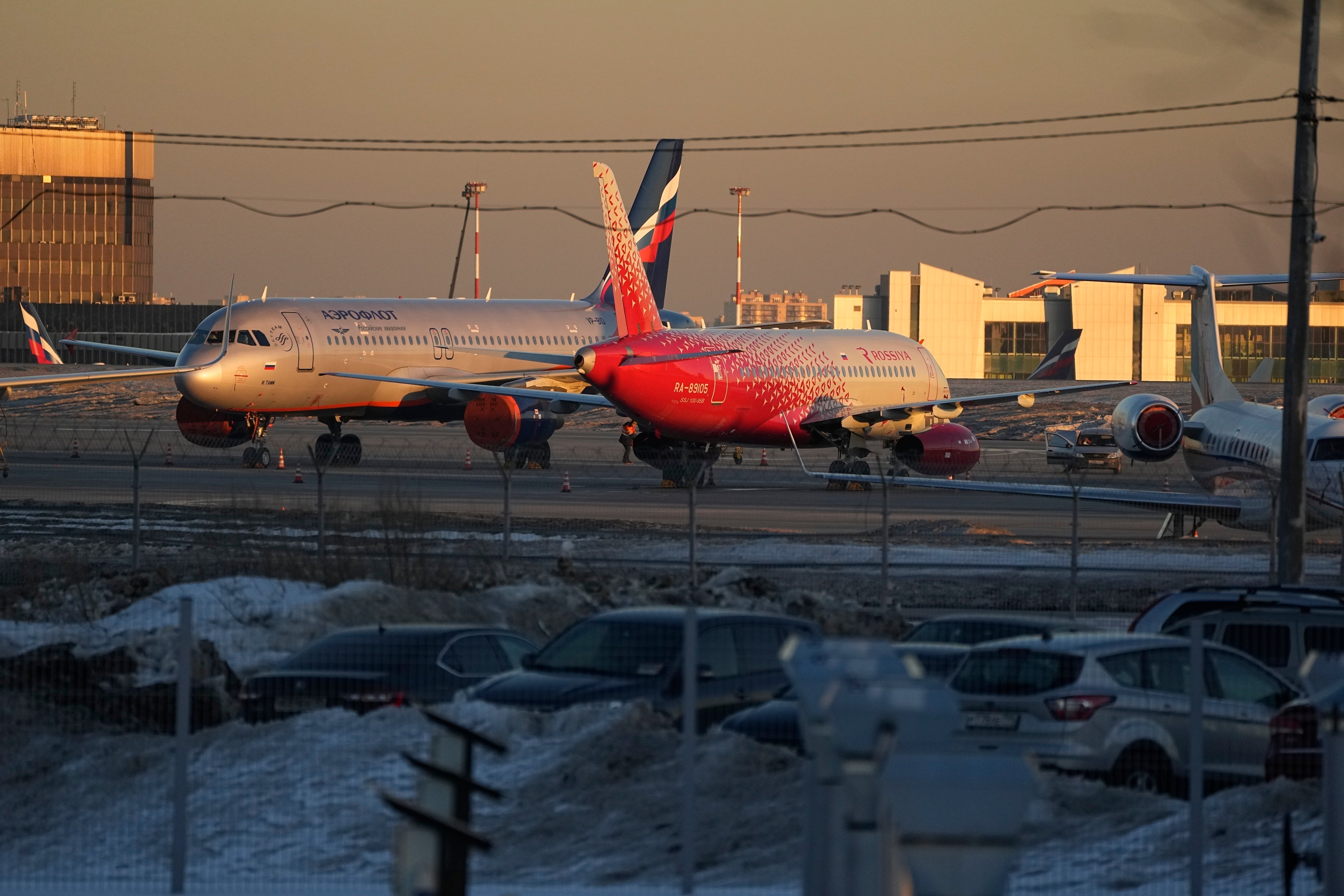How far in advance can I book a train across France?
Simon Calder answers your questions on French sojourns, strikes and Christmas gifts


Q It might be too early, but I am going to Marseilles and Nice for the Rugby World Cup in September. When is the earliest I can book a train from Paris to the south?
David E
A Eurostar, commendably, allows bookings almost 11 months (actually 330 days) ahead. So you can comfortably book your London-Paris trip now and lock into a reasonable fare.
Sadly, though, Eurostar has not reinstated the direct London-Marseille express since the coronavirus pandemic. Following Brexit and the messy border ramifications that we called for when leaving the European Union, there is no prospect that a rail link between the Thames and the Mediterranean will reappear before your trip.
This means that you are subject to the tradition of bookings for French domestic trains opening at a much shorter horizon. Things are better than they used to be – sales for standard SNCF high-speed TGV trains now open about four months ahead.
If I were you, though, I would only be looking at the SNCF budget brand, Ouigo, for the 186mph trip south through France. I have just checked and bookings are already open for July 2023. I infer that by February you should be able to buy a ticket for September 2023. Not only can you confirm your trip earlier, but you also benefit from some extremely low fares: for early July there are plenty of midweek tickets for just €25 (£22) one way from Paris to Nice. However, bear in mind the warning from Mark Smith, the international rail guru who runs the Seat61.com website: “It's a budget airline on rails with strict baggage limits – one item 36 x 27 x 15 cm max and one item 55 x 35 x 25 cm max, including handles and wheels.”
The extra baggage fee is a lot less than budget airlines, just €5. “If you don't pay online in advance you will be charged €20 per item at check-in,” Mark warns.

Q I’d like to buy some flight vouchers as Christmas presents. What do you think?
Victoria L
A Thank you, Victoria, for providing a timely opportunity for me to warn well-meaning folk to steer clear of airline-specific gift vouchers. Giving experiences rather than goods is commendable, and what better than the gift of travel? But if you buy a voucher for a particular airline, you will consign your nearest and dearest to what is likely to be a distinctly inferior experience.
Airlines, hotel groups and other travel organisations love selling vouchers. They earn cash in exchange for a future obligation to offer air travel to the same value. But from the recipient’s perspective, a voucher is a recipe for regret. A flight voucher from a particular airline (eg Ryanair) naturally excludes the possibility of travelling on a different carrier. So if a rival airline has a more convenient departure airport, timing or fare, you will inadvertently prevent the recipient from the ideal itinerary.
The gift voucher will doubtless come with strings attached, typically with a time restriction within which it must be used. And if for some reason the recipient does not spend it all at once, any remaining balance may have to be spent on a sub-optimal purchase supplemented with real cash. Happily, there is a solution: a handmade card with an inscription entitling the recipient to, say, a weekend for two in Barcelona during 2023 (if you suspect the beneficiary could be profligate, you might wish to stipulate a cash limit). And if they decide to go to Dublin or Amsterdam instead, I am sure you will not mind – and they will thank you for a thoughtful gift.
On the same subject: from time to time I hear of newlyweds who ask their family and friends to chip in for travel vouchers at a specific agency for the honeymoon. In such a case, I urge that you donate cash or perhaps the promise of paying for an experience such as a bungee jump in New Zealand.

Q I am booked to fly from Heathrow on 29 December with Virgin Atlantic to India. Do we have any real idea of the likely effect of the Border Force strike on outward-bound passengers? If not, when (if at all) are we likely to have such knowledge?
B Cleeve
A All will become clear about the effects of the UK Border Force strike by lunchtime on Friday 23 December. I say that with some confidence, because at Britain’s two biggest airports – Heathrow and Gatwick – if things are going to go wrong, it will happen on the first day of the strike.
Members of the PCS union who normally check passports will walk out at those airports, starting on what is set to be the busiest day of the winter. They will also stop work at Manchester, Birmingham, Glasgow and Cardiff airports as part of a pay dispute.
The strike continues until 31 December, with a respite day on 27 December. But within 12 hours of the strike beginning, I reckon we will know if the contingency plans the Home Office has put in place will be working.
Officials say that arriving travellers should expect some disruption, and easyJet is warning of two-hour delays to get through passport control (a cynic might add that shortcomings in ground handling may mean that passengers’ checked luggage takes that long anyway). The prospect of “contagion” to departing flights involves crowds building up in arrivals areas of airports – particularly Heathrow, where there is little slack in the system. If pilots are ordered to keep their passengers on board planes, that could snarl up departures – and, as we have seen in previous bursts of disruption, once things start unravelling the results can be mayhem.
However, by 29 December I imagine that contingencies upon contingencies (if necessary) will ensure your flight is unaffected. It helps that you are flying on Virgin Atlantic: as a Heathrow-based airline, there is rather less pressure on turnarounds.
I hope that by the time you come back from India, all is calm.

Q In November 2019 I booked a return ticket from London via Moscow to Tokyo on Aeroflot, price £814. I was due to travel on 4 April 2020 but the day before Japan closed its borders due to Covid, so the flight was cancelled. I was offered an e-voucher valid for three years, which I accepted as I still wanted to travel. The voucher expires in April 2023.
As everyone knows, Russia invade Ukraine in February 2022 and the UK government banned Aeroflot shortly afterwards. Japan has re-opened its borders but, sadly, war still rages and there seems no real prospect of it ending any time soon. But Aeroflot is refusing to hand back my money.
Name supplied
A I understand why, in the stressful and confusing times of spring 2020, many travellers made decisions they would later regret. As Covid spread around the world and frontiers clattered shut, airlines cancelled flights in industrial quantities. With millions of passengers disappointed and uncertain, plenty of carriers did the commercially obvious thing: they made it very easy to obtain a voucher for future travel and (in many cases) very difficult to extract the cash that was due to the traveller.
In your position the idea that the pandemic would disrupt travel for almost three years, and that Russia would commit such a terrible act and be sanctioned by the Western world, would have seemed unthinkable.
On 5 March this year, shortly after Russia’s invasion of Ukraine, Aeroflot said that “due to new additional circumstances impeding the operation of flights” it was suspending the link to London and other international locations.
Sadly, as soon as you chose to accept the voucher your rights became much cloudier – as many people who have vouchers for other airlines, which still fly to and from the UK, have discovered. All I can suggest is that you try to get confirmation from Aeroflot in Moscow that when it returns to London it will honour your voucher. Who knows when that might be? And when finally the Russian airline is back, it will probably be flying from Gatwick, not Heathrow, as all its slots at the most sought-after London airport have been taken back.
Email your question to s@hols.tv or tweet @simoncalder


Join our commenting forum
Join thought-provoking conversations, follow other Independent readers and see their replies
Comments